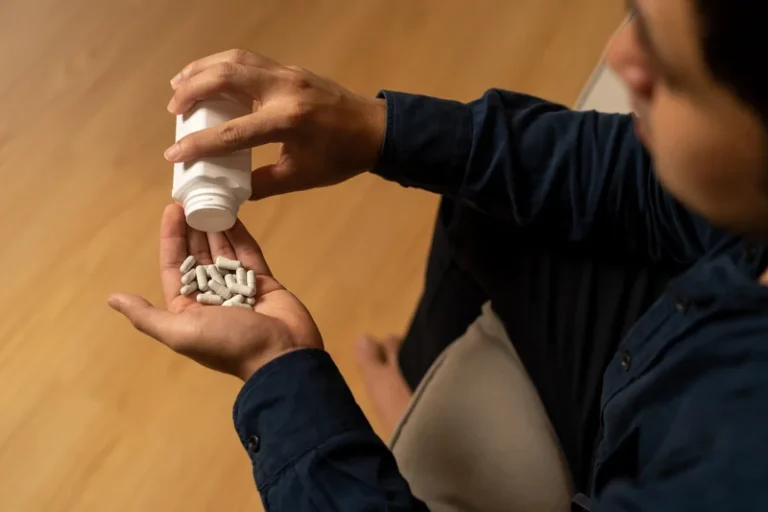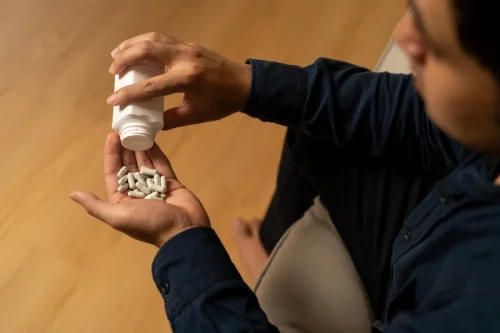
Nobody is beyond help and the support and understanding of loved ones can be absolutely crucial in the recovery process. However, a person needs to understand and accept they have an alcohol addiction and be ready to change for treatment to be successful. You cannot force your alcoholic father or mother into rehab but try to stay patient and persistent in your efforts to help them.
What’s it Like to Live With a Parent Who Has a Substance Use Problem?
The United States’ restrictive culture around drinking norms may mean that parents are less willing to admit that drinking can cause harm to children. In addition, parents who have had negative experiences with drinking and parenting may be ex-drinkers, not lifetime abstainers, which may affect results. When asked about these events, parents may focus on those times when others were watching their children. In addition, those who reported that their drinking caused their child harm may have already modified their drinking to prevent this from reoccurring. Furthermore, besides having a partner, the women in this study tended to lack a social network.

Genetic Basis for Transmission of Alcoholism

The TENSE has been shown to possess good test-retest reliability, internal consistency, and convergent and divergent validity (Ruehlman and Karoly, 1991). In the present study, α coefficients ranged from .87 to .95 for husband and wife reports of partner behavior across the four assessments. These contentions about the occurrence and source of problems with intimate relationships in ACOAs are consistent with theoretical approaches to and empirical observations of the development of attachment in relationships. More specifically, attachment theory proposes that, through repeated interactions with the primary caregiver, children form internal representations or “working models” of both the self and of the attachment figure (Bowlby, 1969).
‘I loved and hated her in equal measure’ – life with an alcoholic mother
If your parent is willing to talk about alcohol rehab then that is a huge step in the right direction. Offer to speak to treatment facilities on behalf of your parent, or go with them to look at different rehabs. According to the journal Pediatrics, children with FAS may also suffer from vision and hearing difficulties, deformed joints and limbs, and heart defects.
How to Cope with an Alcoholic Parent
- Thus, participants had access to help in case they found the interview topics distressing.
- Furthermore, the post-graduate training of ANC providers in how to establish trust and communicate with these women may be needed, as well as sufficient time resources and frequency of visits.
- In general, the study populations discussed below meet not only these criteria but also others required for a clinical diagnosis of alcoholism.
- We acknowledge the contribution of NIAAA funding support and support of the intramural program, NIAAA, National Institutes of Health.
- At the end of each home visit, a small present (e.g., pencil) was provided to the child and one parent received a gift coupon of 10€ as an incentive.
The objective of this study was to explore how adverse childhood experiences related to parental alcohol abuse affect women during their pregnancy and to assess the potential implications of women’s experiences for antenatal care provision. The paper starts by exploring women’s descriptions of their upbringing, their adult life, and current pregnancy experiences. The subsequent discussion examines the significance of these findings for the provision of targeted antenatal care (ANC). Removal of a parent with alcohol problems from the child’s household may also protect against early-onset drinking, although we can locate no prior studies testing this hypothesis directly. Findings from post-hoc analyses of post-separation residence indicated that most daughters of an affected mother (where father alcoholic mother effect on daughter is not also affected) had substantial contact with their mother. Indeed, nearly all daughters continued to reside with their mother on either a full- or part-time basis, consistent with national data on living arrangements of children whose mother and father are no longer together (Kelly, 2007; Child Trends Databank, 2015).
2. ANC Encounters and Concerns during Pregnancy

Four years ago Spiegler, who knew how lonely it was to be the child of an alcoholic, founded the online forum Children of Addicted Parents (COAP). Literal abandonment leaves its own special scars, especially in a culture that believes in the automatic nature of mother love and instinctual behavior. The unloved daughter hears something very different and takes away another lesson entirely. Unlike the daughter of an attuned mother who grows in reflected light, the unloved daughter is diminished by the connection. Survey data were analyzed using non-linear multilevel (logistic) models with individuals nested within cities.
Adult daughters of alcoholics: are they unique?
You never knew who would be there or what mood theyd be in when you came home from school. Or you might have sensed all the tension just below the surface, like a volcano waiting to erupt. And follow us on Twitter (@GdnHealthcare) to keep up with the latest healthcare news and views. An adolescent’s sense of identity is built through the choices and commitments that they make. When a codependent parent stifles the child’s ability to commit to their chosen beliefs and values, the adolescent remains with a diffused identity and never forms their own.

Codependency in Families Struggling with Addiction
- As a result, several of the women lacked emotional and practical support from their immediate family in adult life.
- Stu-dies have shown that adults who have grown up with an alcoholic parent are at increased risk of mental illness, poorer perceived health, and cardiovascular disease, compared to adults having grown up with nonalcoholic parents 5,6,7.
- In this regard, our work moves past the descriptive quantifying of harm that occurred, which has been the focus of previous work.
- A few of the women described how a sister or a brother had also become an alcoholic and how they would try to support them.
In addition, wives also reported engaging in high levels of physical aggression when they had an alcoholic mother and a nonalcoholic father, although this effect was restricted to the early part of the marriage. Although several of the women in this study had contact with their parents, these relations were also described as strained. Due et al. argue that social relations may also feature negative dimensions, such as high demands from family relations and conflict 32. Järvinen et al. argue that the adult children of alcoholics may have different approaches to understanding alcoholism 33. When perceiving parents’ alcohol abuse as a disease, adult children learn from an early age to take care of their parents.